Top Qs
Timeline
Chat
Perspective
Grammy Award for Best Score Soundtrack for Visual Media
Award for visual media soundtrack From Wikipedia, the free encyclopedia
Remove ads
The Grammy Award for Best Score Soundtrack for Visual Media is an honor presented to a composer (or composers) for an original score created for a film, TV show or series, or other visual media[1] at the Grammy Awards, a ceremony that was established in 1958 and originally called the Gramophone Awards.[2][3] Honors in several categories are presented at the ceremony annually by The Recording Academy of the United States to "honor artistic achievement, technical proficiency and overall excellence in the recording industry, without regard to album sales or chart position".[4]
It has been awarded since the 2nd Annual Grammy Awards in 1959. The first recipient was American composer and pianist Duke Ellington, for the soundtrack to the 1959 film Anatomy of a Murder. Originally known as the Grammy Award for Best Sound Track Album – Background Score from a Motion Picture or Television, the award is currently (2025) known as the Grammy Award for Best Score Soundtrack for Visual Media (Includes Film and Television).[5] Until 2001, the award was presented to the composer of the music alone.[5] From 2001 to 2007, the music producer(s) and sound engineer/mixer(s) shared the award.[5] In 2007, the award reverted to a composer-only award.[5] John Williams holds the record for most wins and nominations for the award, with eleven wins out of thirty-four nominations. Austin Wintory's nomination for Journey at the 55th Annual Grammy Awards was the only time that a video game was nominated in this category before the new category of Best Score Soundtrack for Video Games and Other Interactive Media was created in 2022.[6]
Remove ads
Recipients
Summarize
Perspective
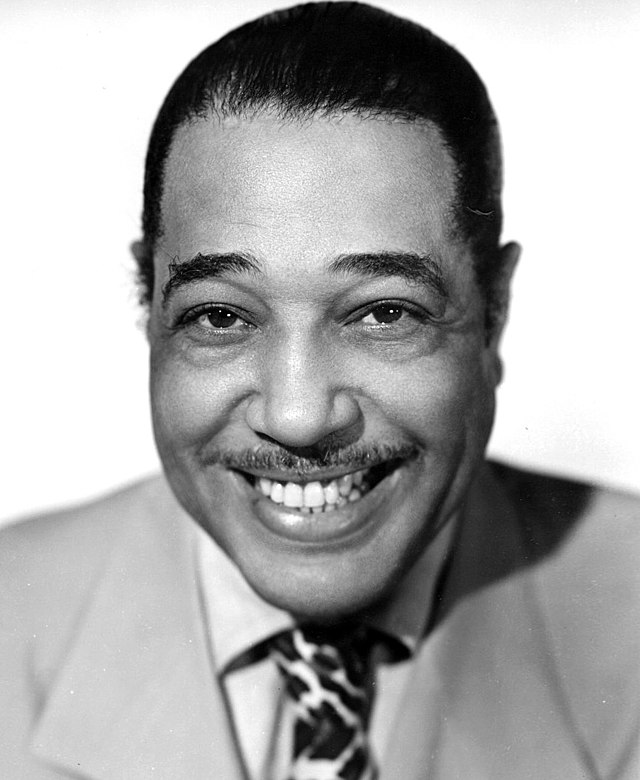
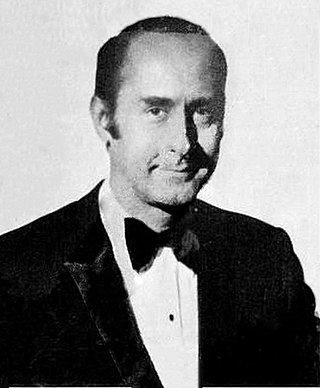






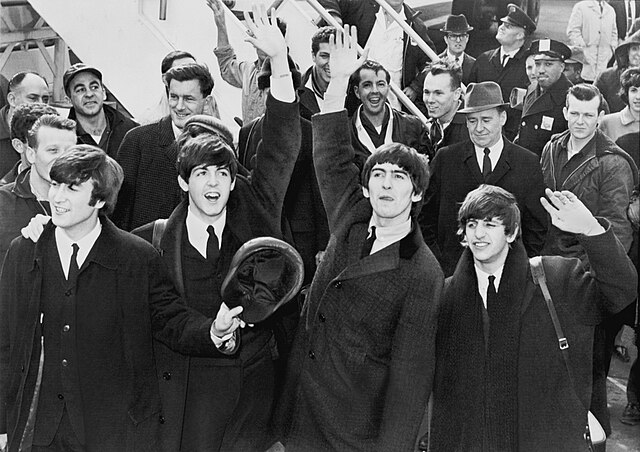










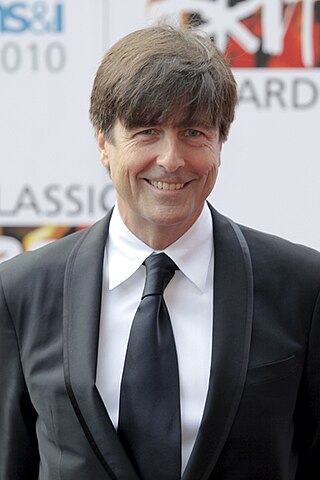



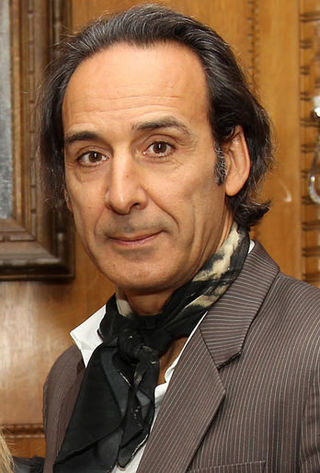





Years reflect the year in which the Grammy Awards were presented, for works released in the previous year.
1950s
1960s
1970s
1980s
1990s
2000s
2010s
2020s
Remove ads
Name changes
There have been several minor changes to the name of the award:[1][5][74]
Remove ads
Multiple wins and nominations
Up to and including the 67th Annual Grammy Awards (2025)
See also
- BAFTA Award for Best Original Music
- Academy Award for Best Original Score
- Critics' Choice Movie Award for Best Score
- Golden Globe Award for Best Original Score
- Grammy Award for Best Compilation Soundtrack for Visual Media
- Primetime Emmy Award for Outstanding Music Composition for a Series
- Primetime Emmy Award for Outstanding Music Composition for a Documentary Series or Special
- Primetime Emmy Award for Outstanding Music Composition for a Limited or Anthology Series, Movie or Special
Remove ads
Notes
- For Flashdance, various artists include Michael Boddicker, Irene Cara, Kim Carnes, Doug Cotler, Keith Forsey, Richard Gilbert, Jerry Hey, Duane Hitchings, Craig Krampf, Ronald Magness, Dennis Matkosky, Giorgio Moroder, Phil Ramone, Michael Sembello, and Shandi Sinnamon
- For Beverly Hills Cop, various artists include Marc Benno, Harold Faltermeyer, Keith Forsey, Micki Free, John Gilutin Hawk, Howard Hewett, Bunny Hull, Howie Rice, Sharon Robinson, Danny Sembello, Sue Sheridan, Richard Theisen, and Allee Willis
- For The Last Emperor, various artists include David Byrne, Cong Su, and Ryuichi Sakamoto
- 6 consecutive
- consecutive for The Lord of the Rings
- consecutive
- consecutive
Remove ads
References
External links
Wikiwand - on
Seamless Wikipedia browsing. On steroids.
Remove ads